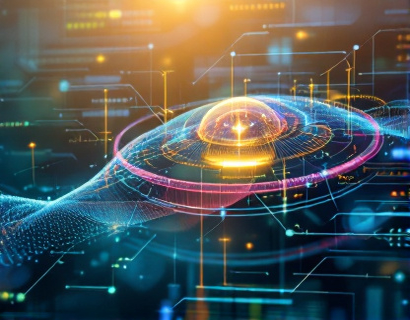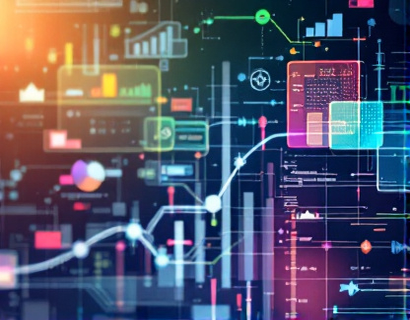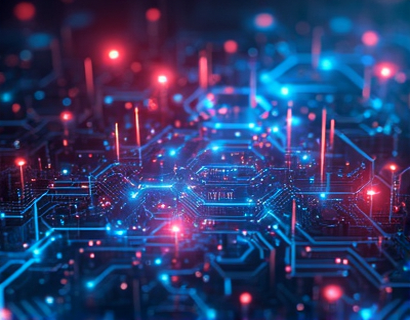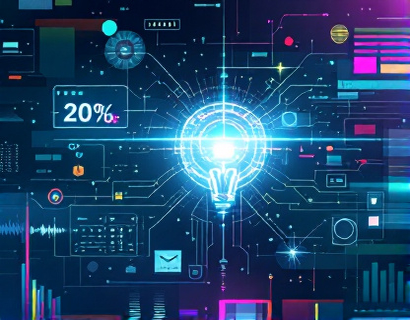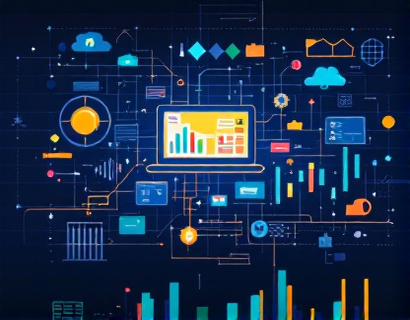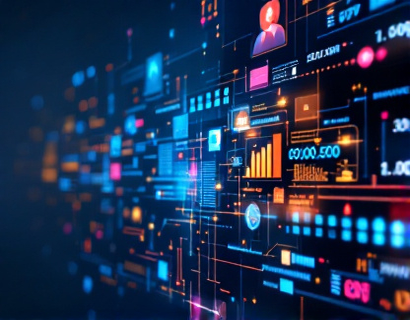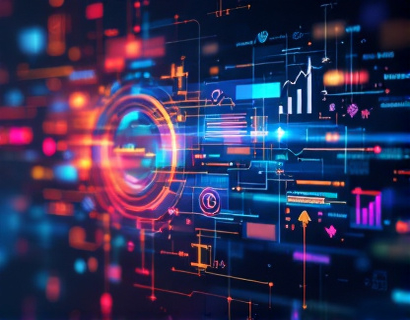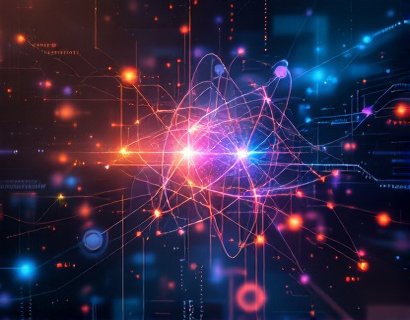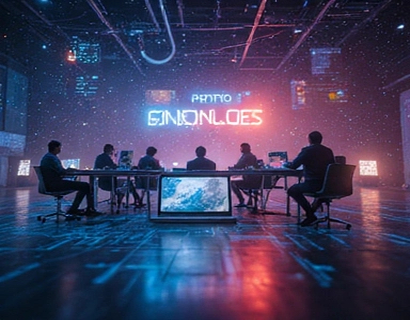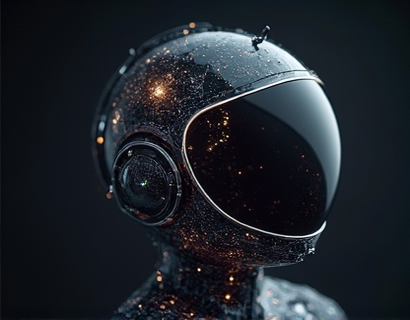Crypto-Powered AI Solutions: The Future of Digital Productivity
The intersection of artificial intelligence and cryptocurrency is giving birth to a new era of digital productivity tools. These crypto-powered AI solutions are not just innovative; they are set to revolutionize the way we approach daily tasks and manage our workflows. For tech enthusiasts and early adopters, this fusion of technologies offers a glimpse into a future where efficiency and security go hand in hand.
Understanding Crypto-Powered AI
Crypto-powered AI solutions leverage blockchain technology and cryptocurrencies to enhance the functionality and security of AI applications. Blockchain provides a decentralized and transparent ledger, ensuring that data transactions are secure and immutable. This is particularly crucial for AI systems that handle sensitive information and require high levels of trust.
Cryptocurrencies, on the other hand, serve as a medium of exchange within these systems, enabling seamless and secure transactions without the need for intermediaries. Smart contracts, a key feature of blockchain, automate and enforce contractual obligations, reducing the risk of fraud and increasing efficiency.
Enhanced Security and Privacy
One of the most significant advantages of crypto-powered AI solutions is the enhanced security and privacy they offer. Traditional AI systems often rely on centralized servers, making them vulnerable to cyber attacks and data breaches. In contrast, blockchain's decentralized nature distributes data across a network of nodes, making it extremely difficult for hackers to compromise the system.
Moreover, cryptographic techniques ensure that user data is encrypted and only accessible to authorized parties. This level of security is particularly important for businesses and individuals dealing with confidential information. With crypto-powered AI, users can enjoy peace of mind knowing their data is protected.
Decentralized Data Marketplaces
Crypto-powered AI solutions are enabling the creation of decentralized data marketplaces. These platforms allow users to monetize their data by selling it to AI models and other applications. The data is transactional, meaning users have control over who accesses their information and for what purpose.
In these marketplaces, cryptocurrencies facilitate transactions, ensuring that data providers are fairly compensated. This not only incentivizes data sharing but also promotes a more democratic and transparent data economy. For instance, users can earn tokens by contributing to machine learning datasets, which can then be used to improve AI models.
Improved Data Quality and Availability
The decentralized nature of crypto-powered AI solutions also leads to improved data quality and availability. Traditional AI systems often suffer from biased or incomplete data due to centralized data sources. Blockchain-based systems can aggregate data from a wide range of decentralized sources, providing a more comprehensive and accurate dataset.
This diverse data can significantly enhance the performance of AI models, leading to more accurate predictions and better decision-making. For businesses, this means more reliable insights and a competitive edge in the market. For individuals, it translates to more personalized and effective AI-driven tools.
Automated Workflows and Smart Contracts
Crypto-powered AI solutions are not just about security and data; they also streamline workflows through automated processes and smart contracts. Smart contracts can be programmed to execute specific actions when certain conditions are met, eliminating the need for manual intervention.
For example, in project management, a smart contract can automatically release payment to a contractor once milestones are achieved. This not only speeds up the process but also reduces the risk of disputes. Similarly, in supply chain management, smart contracts can ensure that payments are made only when goods are delivered, providing a transparent and efficient system.
Enhanced User Experience
The integration of AI with blockchain technology also leads to a superior user experience. AI-driven interfaces can adapt to user preferences and behaviors, providing a more intuitive and personalized experience. For instance, virtual assistants powered by AI can learn from user interactions and improve over time, offering more relevant suggestions and actions.
Additionally, the use of cryptocurrencies can simplify transactions within these interfaces, removing the need for traditional payment methods and reducing friction. Users can seamlessly pay for services or products using their preferred cryptocurrencies, making the process faster and more convenient.
Case Studies and Real-World Applications
Several projects are already demonstrating the potential of crypto-powered AI solutions. One notable example is a decentralized productivity platform that uses AI to optimize task management and collaboration. This platform leverages blockchain to ensure data integrity and uses smart contracts to automate task assignments and payments.
Another example is a decentralized data marketplace for financial services, where users can sell their financial data to AI models used for risk assessment and fraud detection. The data providers receive tokens as compensation, creating a win-win situation.
Challenges and Considerations
While the potential of crypto-powered AI solutions is vast, there are several challenges that need to be addressed. One of the primary concerns is the regulatory landscape. The intersection of cryptocurrency and AI is still largely uncharted territory, and regulatory frameworks are evolving.
Another challenge is the technical complexity involved in integrating blockchain and AI. Developers need to have a deep understanding of both technologies to create robust and efficient solutions. Additionally, the energy consumption associated with blockchain, particularly proof-of-work systems, is a significant environmental concern that needs to be addressed.
Future Prospects
Looking ahead, the future of crypto-powered AI solutions is promising. As blockchain technology matures and becomes more scalable, we can expect to see more widespread adoption across various industries. The combination of AI's computational power and blockchain's security and transparency will continue to drive innovation.
We can anticipate the development of more sophisticated AI models that leverage decentralized data sources, leading to more accurate and unbiased outcomes. The rise of decentralized finance (DeFi) and non-fungible tokens (NFTs) also opens new avenues for integrating AI in financial and creative sectors.
Conclusion
Crypto-powered AI solutions represent a significant leap forward in digital productivity. By combining the strengths of blockchain and AI, these solutions offer enhanced security, improved data quality, and streamlined workflows. For tech enthusiasts and early adopters, embracing these innovations can provide a competitive advantage and a glimpse into the future of digital work.
As the technology continues to evolve, the potential applications will only grow, transforming the way we work and interact with digital tools. The journey towards a more secure, efficient, and decentralized digital landscape has begun, and crypto-powered AI is at the forefront.



